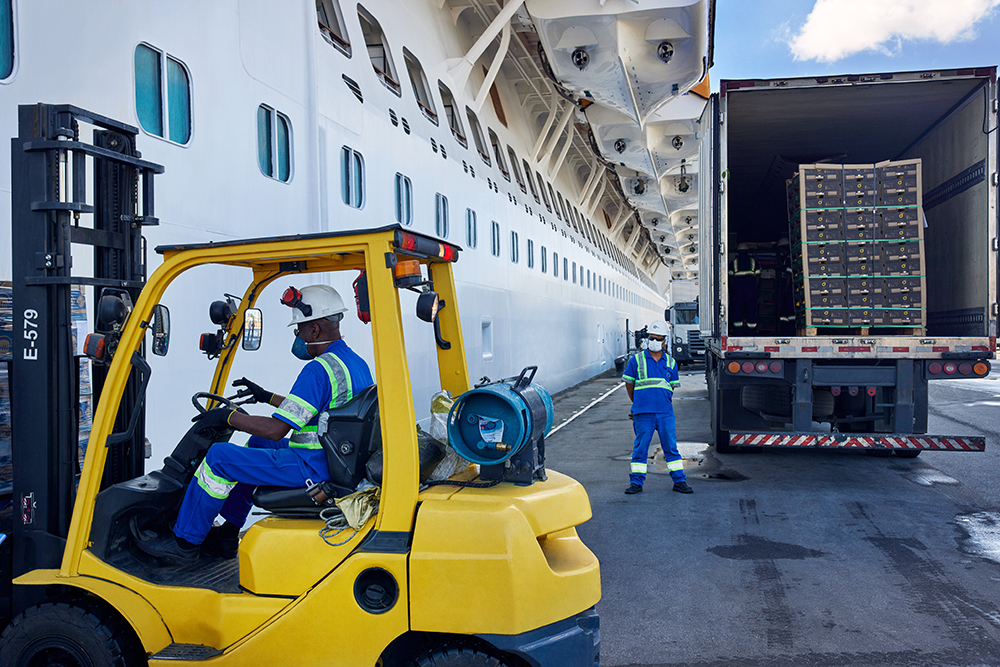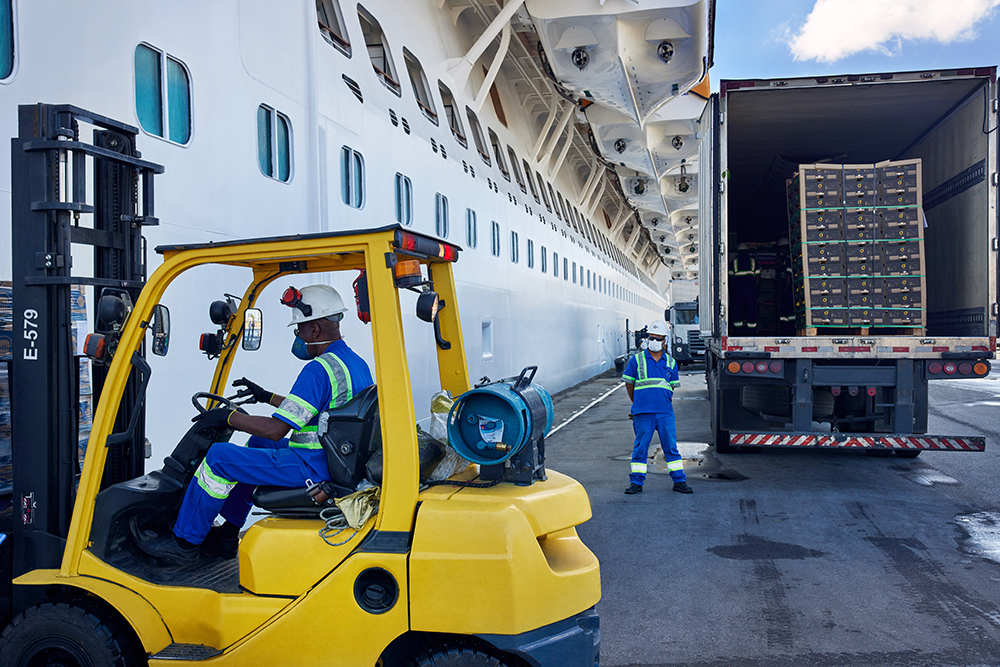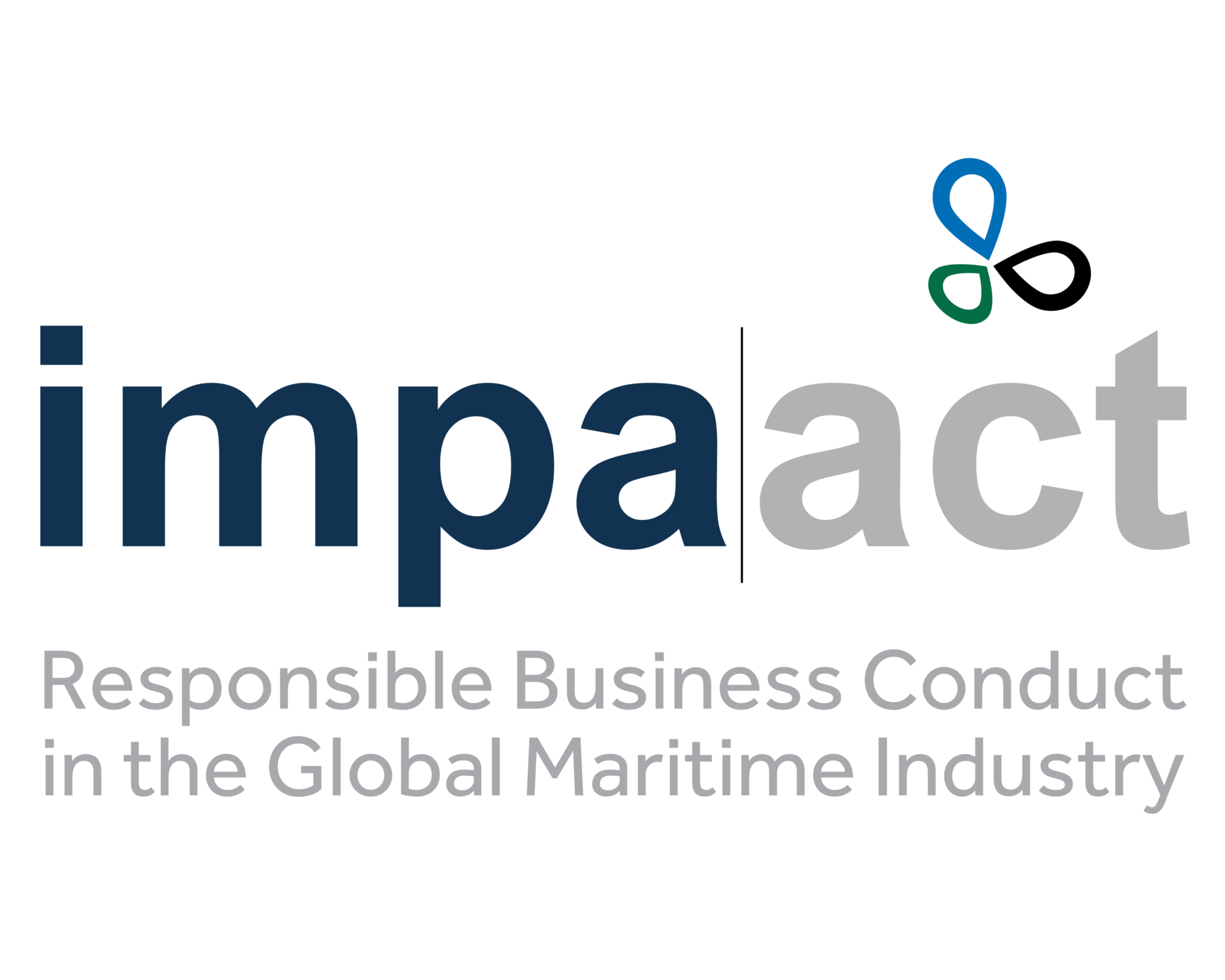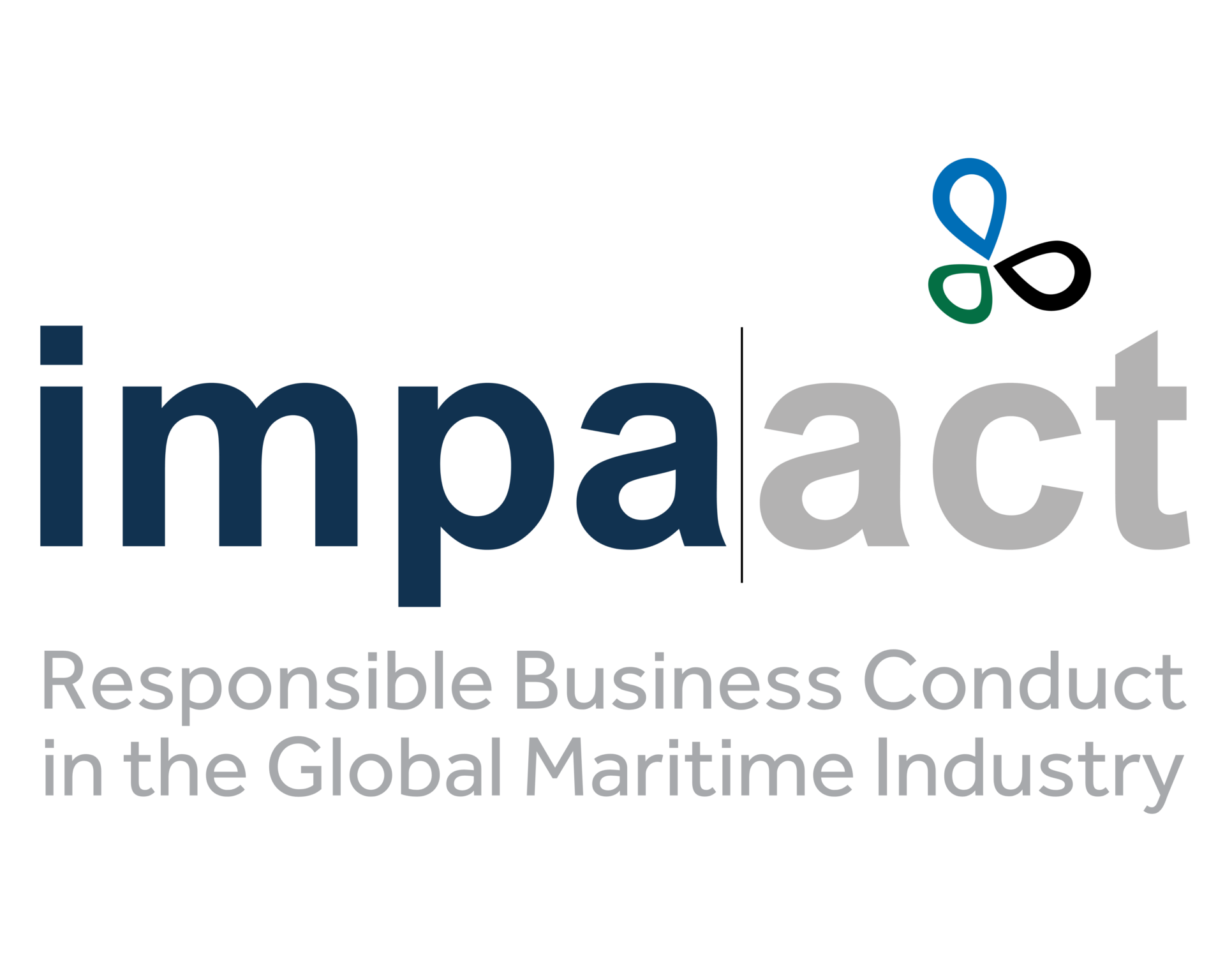Our comms team caught up with Chief Procurement Officer Simon Potter to find out what’s happening on the strategic procurement front at Inchcape, not least our global ship-chandling solution that’s being rolled out at a bunch of new ports this autumn. Simon also explains why he ‘moonlights’ as VP of Sustainability at trade body IMPA and why strength in numbers is key to moving the industry towards a more sustainable future.


Please can you explain your core responsibilities?
My remit is procurement and supply chain management, and I also look after Global Quality, Health & Safety, Security & Environment (QHSSE), plus sustainability at Inchcape.
Our daily focus is procurement-as-a-service, which is all about saving customers money, providing a great service and mitigating risk. We provide direct agency services at 2,200 ports worldwide and through our partner-agent network reach around 85% of all ports, so it makes sense for us to procure other services at those ports on time at the best possible rates. We optimise costs through strategic sourcing and vendor partnerships, where through our buying power as a global network we can secure better prices. Saving 10 bucks on taxi fares is just as important as negotiating better rates on expensive port costs like towage and bunkers! We also mitigate supply chain risk through vendor assessments and vetting.
Overseeing both supply chain risks and process improvement works very well. Through informed dialogue with customers, we identify areas for improvement and share knowledge and learning. For example, if there’s a vendor service failure somewhere our teams are right on it, putting preventative measures in place and working with both supplier and customer to understand why it happened. We also disseminate information about specific risks both informally and in more formal settings.
Tell us about the people under your command?
Inchcape fills the market demand for a strong agency with global reach, but delivered with a human touch. Our power lies in the people we have centrally and on the ground with huge local knowledge, which is a real benefit for customers who don’t want to send RFQs every time they make a port call.
We’ve been steadily expanding the global Procurement and Supply Chain teams, which now number 26 both at our Centre of Excellence in Mumbai and regional offices. They comprise marine logistics experts and Chartered Institute of Procurement & Supply (CIPS) professionals whose combined market insight is unmatched.
Our power lies in the people we have centrally and on the ground with huge local knowledge, which is a real benefit for customers
Simon Potter, Chief Procurement Officer
How does our new global ship-chandling solution benefit customers?
Chandling is an extension of procurement-as-a-service with a just-in-time mentality. We already drive significant value in the supply chain for everything from towage and hotels to taxis and launches, and the chandling solution simply extends this value proposition to new areas of supply. We provide proactive accountability for customers with monthly reporting, and by in-sourcing we gain more control and can offer fixed pricing across many ports. We can help customers buy smarter, manage sustainability while reducing HSE and financial risk.
You find global chandlers in the biggest ports, but beyond that the market is pretty fragmented and our customers regularly ask us for supply solutions in smaller locations. We have done chandling sporadically in the past as an ad-hoc service, but our strategy now is to provide global solutions, supporting our local teams with the best tools to be the best providers at the best value. Following the pandemic, the ESG priority now is very much refocused on local purchasing and supply.
Customers don’t have to use Inchcape as an agent in a given port to use the service. We coordinate with the local agent from ordering to physical delivery. The big benefit is a single point of entry into our global system, with one email address and standard quality of service – versus customers having to approach individual chandlers in different ports.
The other key factor is our mass of data on the global supply of spares and consumables. Most customers want to find synergies but don’t have sufficient data to be able to benchmark quality and pricing. Our team can provide that, tailored for each customer.
We can also help customers manage their tail spend. Shipping companies tend to have big contracts with OEMS for critical items, but on a typical ship there’s a huge tail spend on parts they need only twice or three times a year. That’s a challenge because ships are travelling and parts may not be not available at their destinations. Our solution improves visibility and efficiency.
An adjunct to this is our ‘last-mile’ service. Even if you send a part half way around the world, the most expensive bit is final transport from the airport to the ship. In many cases you’ve no idea what it will cost, but by delivering the item for a set fee we make the true cost transparent. Some big logistics companies have cottoned on to this and are trying to muscle into the market.


Where are the solutions based around the world?
We’ve established chandling operations in Amsterdam-Rotterdam-Antwerp (ARA), Singapore, Fujairah and Qatar, and are working to open in up to five strategic ports in the UK, Piraeus and North Africa by the end of October. More locations will come later in the year and throughout 2023. We’ve already seen big successes across the phase 1 ports as our customers learn how easy it is to do business with us.
Can you update us on Inchcape’s global sustainability strategy?
Our – and our shareholders’ – ESG goal is to be a responsible business with engaged employees and a trustworthy partner for customers. Our carbon footprint is only a tiny fraction of the industry total, but even if we cut our emissions by 10% every little bit helps. Our strategy is to capture efficiencies in our own operations and the same in the supply chains that we manage for our customers, while providing data points to help them meet their own targets. And our ‘Shop Smarter’ programme is fully aligned with Inchcape’s commitment to building trust through transparency.
We can already track carbon footprint and emissions per customer and across many service categories per port, worldwide. Our five key services with the highest carbon impact are towage, hotels, taxis, launches and waste management. We use our hotel data, for example, to track the average CO2 footprint of every crew member stay. Small efficiency gains such as offering electric taxis doesn’t compromise competitive advantage, it actually helps to reduce operating costs. We will also be adding chandling and logistics CO2 tracking. Part of our strategy is to minimize the number of vehicles going to ships, saving emissions while again reducing OPEX.
Our strategy is to capture efficiencies in our own operations and the same in the supply chains that we manage for our customers, while providing data points to help them meet their own targets.
Simon Potter, Chief Procurement Officer
What does your IMPA role involve and why is IMPA Act 2.0 important?
IMPA is the only maritime trade body dedicated to procurement, and IMPA Act 2.0 is a key global-level tool to support the industry to become more sustainable and transparent. My position on the IMPA Council is voluntary, helping to formulate strategy. The challenge is to help as many stakeholders as possible on the path to net zero, and IMPA does a fantastic job in bringing ship owners and managers together with the supply base. We joined the first IMPA Act following an extensive analysis of own supply chain and are the first company to have signed up to Act 2.0. We see it as our responsibility to drive the right behaviours and are very proud to be part of this important initiative.
IMPA Act 2.0 also addresses data sharing within the industry. Everyone stands to lose if there are big ESG risks within the hugely diverse supply chain. Buying from a responsible wholesaler that does due diligence on its suppliers or others who turn a blind eye are worlds apart. In chandling, we want to benchmark the ESG credentials of our suppliers and the average carbon footprint of products they produce, and share that proof of value (POV) through IMPA Act 2.0. The IMPA Act 2.0 will also help at the granular level, including sharing data on transport from suppliers to warehouses and onward delivery to vessels.
It’s about strength in numbers. The more companies that sign up to IMPA Act 2.0, the more we can assess and mitigate risks. Even those who are reluctant will be forced to shape up as the community grows.


“It’s about strength in numbers. The more companies that sign up to IMPA Act 2.0, the more we can assess and mitigate risks.“
Simon Potter, Chief Procurement Officer
What other challenges is marine procurement facing right now?
The marine industry is slow to change but is in desperate need of disruption and change, particularly in procurement. I am glad to say that at Inchcape, procurement is highly valued as a function and driver of change, but for many maritime companies it is still seen as a transactional department that often doesn’t have a seat at the decision-making table. Other industries are already seeing the true value procurement teams can deliver, and I hope the maritime sector continues to close the gap.
What’s your background and how did you get into this business?
At university I studied tourism and environmental management – marine procurement was not on my radar. Like many others, I fell in by accident. I started out in sales, then in 2002 found myself in Rotterdam needing a job. I got an opportunity to work for a ship chandler, which I enjoyed and later moved to the owner’s side at Maersk, leading procurement for 60 vessels. I went on to manage all their feeder terminal contracts in Northern Europe, which gave me a lot of useful insight. I moved back to the UK in 2012 as Procurement Manager for DFDS in Dover, then became Head of Marine Procurement at P&O Ferries. I joined Inchcape six years ago, coming full circle back to the supply side.
Lastly, what inspires most you about your job?
I know it’s a corny quote, but I’ve come to love the marine industry. It’s niche, but very diverse. I was new to port agency when I arrived at Inchcape and it’s been a great learning experience. As I said earlier, procurement has historically been rather undervalued; the fact that Inchcape has a CPO position at all says a lot. Having 10,000 suppliers globally to manage means no two days are the same. I enjoy travelling and being exposed to a lot of different cultures. It’s a dynamic workplace with robust backing from our new owners and an exciting M&A programme. Not least, working alongside all our competent people is inspiring. I tend not to go around shouting from the rooftops about what we do; we just get on with it.